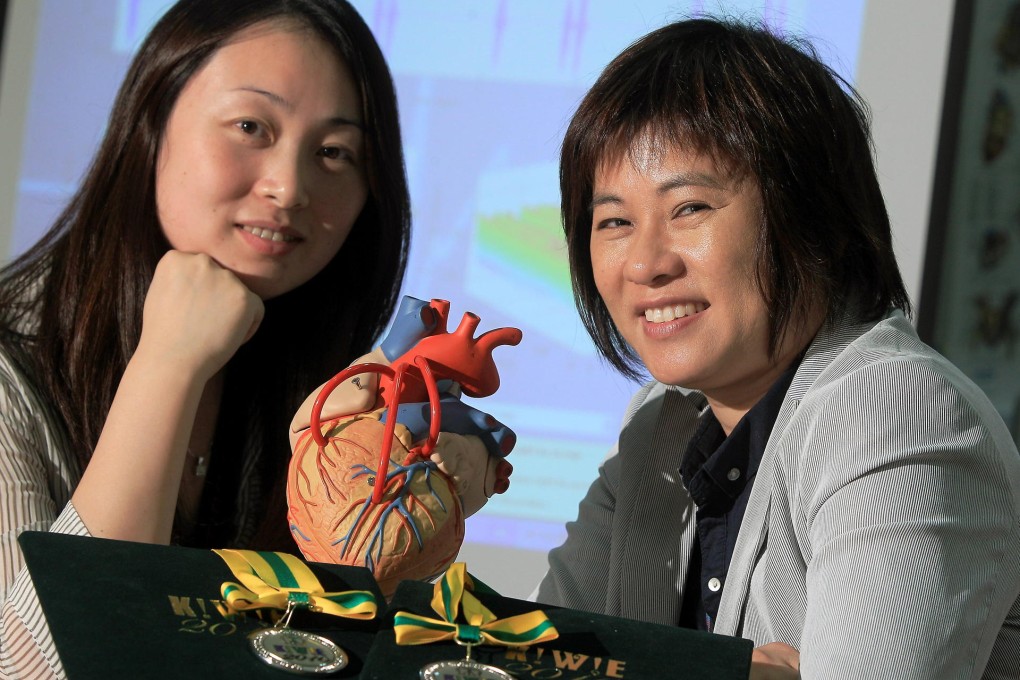Hong Kong urged to wake up to the importance of a better night's sleep
Health promotion expert says the significance of sleeping properly is understated after study reveals that screens are keeping teens awake

The government needs to do more to inform the public of the importance of a good night's sleep, a public health advocate said after a study revealed that Hong Kong's gadget-obsessed teenagers spent too long looking at small screens and too little time in bed.
The Polytechnic University study, released in August, revealed that Hongkongers aged 12 to 20 spent almost six hours per day looking at screens on various devices, but slept for just 7.7 hours - well below the international recommendation of nine hours.
And Professor Joanne Chung Wai-yee, head of health and physical education at the Institute of Education, said lack of sleep could contribute to a host of health problems - a fact the public should be reminded of.
"Sleeping problems can be easily neglected by Hongkongers," Chung said. "It is an important element in primary health care. It is associated with many physical conditions such as chronic pain and emotional problems."
Echoing research from abroad, the PolyU researchers warned that exposure to bright light from screens - particularly computers and smartphones - could affect the sleep cycle and have physiological effects.
Another study, by researchers in the US city of Boston, concluded that people who used iPads took longer to fall asleep, felt less sleepy at night and slept for a shorter time than book readers. They said blue light, like that emitted by tablet computers, made people more alert and suppressed melatonin, the hormone that helps regulate sleep.
The local report was based on interviews with 762 secondary school pupils. They reported sleeping for an average of 7.7 hours per night, and more than 55 per cent said they usually slept for less than eight hours.